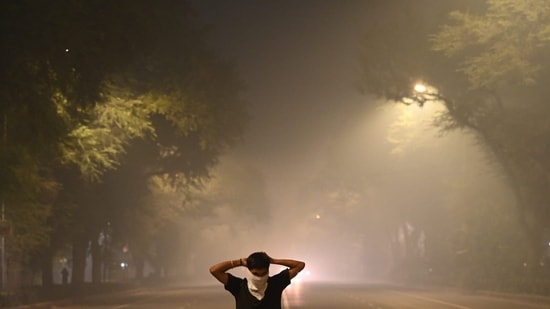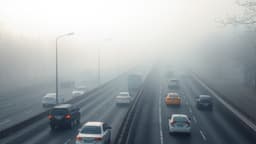Home / Environment / Delhi's Air Quality Plummets, Raising Concerns Over Underreporting
Delhi's Air Quality Plummets, Raising Concerns Over Underreporting
31 Oct, 2025
Summary
- Air quality index in Delhi spiked from 279 to 373 in 24 hours
- Satellite data shows pollution spike larger than official readings
- Residents report visible haze, contradicting lower pollution numbers

On October 30, 2025, Delhi's air quality index (AQI) spiked by almost 100 points, from 279 to 373, over a 24-hour period. This sharp increase in pollution levels has raised concerns about the accuracy of air quality monitoring in the city.
According to the analysis, the spike in AQI could be attributed to both a genuine increase in pollution and potential underreporting of the index on October 29. Satellite imagery and modeled estimates of pollution suggest that the spike recorded on October 30 was much larger than the forecasts, particularly in the early hours of the day.
Residents of Delhi have also reported a visibly dense haze in the city for the past three to four days, contradicting the relatively lower AQI readings of 294 and 279 on October 28 and 29, respectively. This discrepancy between the official data and the perceived air quality has further fueled doubts about the reliability of the air quality monitoring system.


